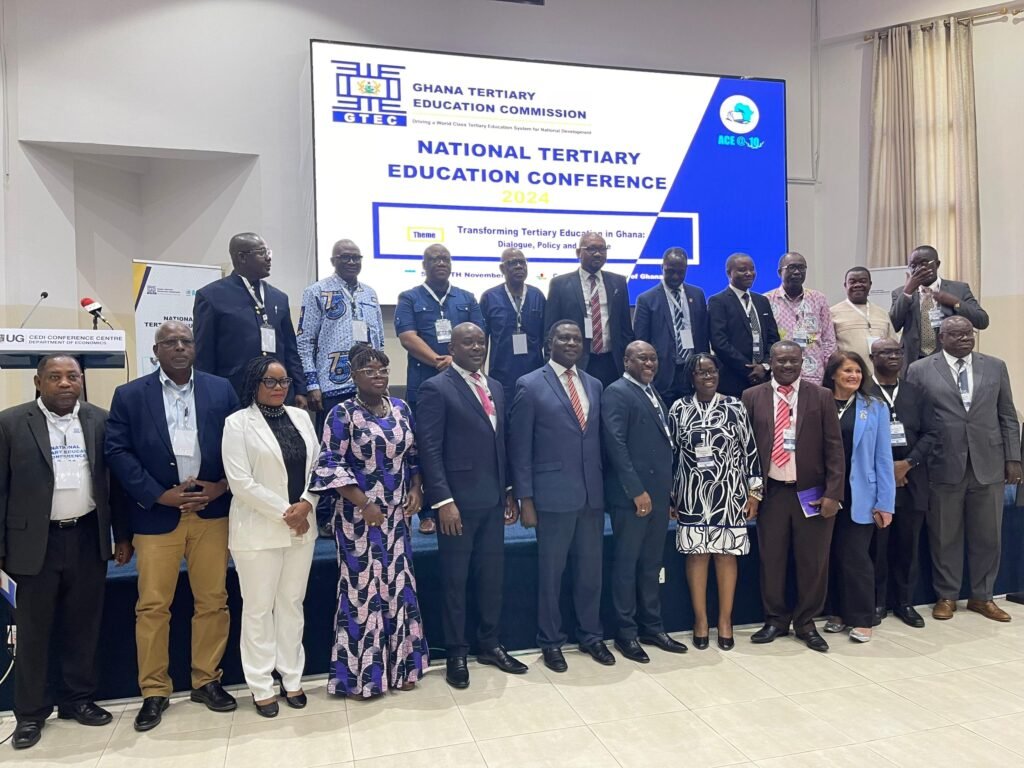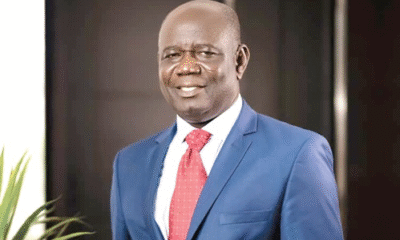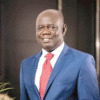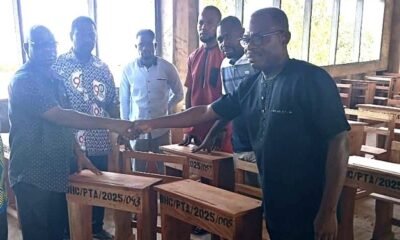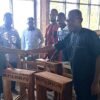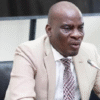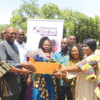In response to ongoing reforms in secondary education, Dr. Yaw Osei Adutwum, the Minister for Education, has urged Ghana’s universities to adapt their curricula to better prepare students for the changing demands of the 21st century.
Speaking at the inaugural National Tertiary Education Conference held in Accra, the Minister highlighted the technological direction of the recent changes at the second-cycle level, which are designed to equip students with future-ready skills.
The conference, organized by the Ghana Tertiary Education Commission (GTEC), focused on bridging the gap between policy and practice within the country’s higher education sector.
The event, marking the 10th anniversary of the African Centres of Excellence for Development Impact (ACE IMPACT), served as a platform for discussions aimed at shaping the future of tertiary education in Ghana.
Dr. Adutwum stressed the need for tertiary institutions to revise their teaching approaches, particularly in light of new subjects being introduced at the secondary level.
These include cutting-edge fields such as robotics, aviation, biomedical science, engineering, and design communication technology.
He noted that as students gain exposure to these advanced subjects in high school, it is crucial for universities to offer an accelerated curriculum to ensure continuity and prevent academic stagnation.
The Minister warned that if universities fail to keep pace with the practical skills students acquire in high school, there could be a disconnect when these students transition to higher education.
He emphasized that students with advanced skills should not have to repeat basic concepts at the university level but should be able to engage in more complex and practical learning right from the start.
Professor Ahmed Abdulai Jinapor, Director General of GTEC, echoed these sentiments, explaining that the conference aimed to bring together educational experts to explore ways to enhance the country’s tertiary education system.
He mentioned that the ideas and discussions from the event would serve as a blueprint for future improvements, with the goal of fostering collaboration and sharing best practices.
While there was broad support for curriculum reform, some speakers cautioned that growth in tertiary education has not always translated into the desired outcomes.
Professor Ernest Aryeteey, former Vice Chancellor of the University of Ghana, pointed out that educational reforms should not merely rely on legislation but should also encourage universities to be responsive to the needs of society.
He suggested that universities must be given the flexibility to evolve alongside societal changes without being hampered by rigid laws or regulations.
Professor Nana Aba Appiah Amfo, the current Vice Chancellor of the University of Ghana, commended the conference for providing an opportunity to tackle the challenges facing the nation’s tertiary education sector.
She urged policymakers to implement actionable strategies that would help students develop the modern skills required by industries, ensuring their readiness to succeed in an increasingly dynamic job market.
The, the conference served as a call to action for universities to rethink their curricula in line with the technological advancements and new educational standards emerging in secondary education.
It also highlighted the importance of practical learning and continuous collaboration to ensure Ghana’s higher education system meets the evolving needs of the workforce.
